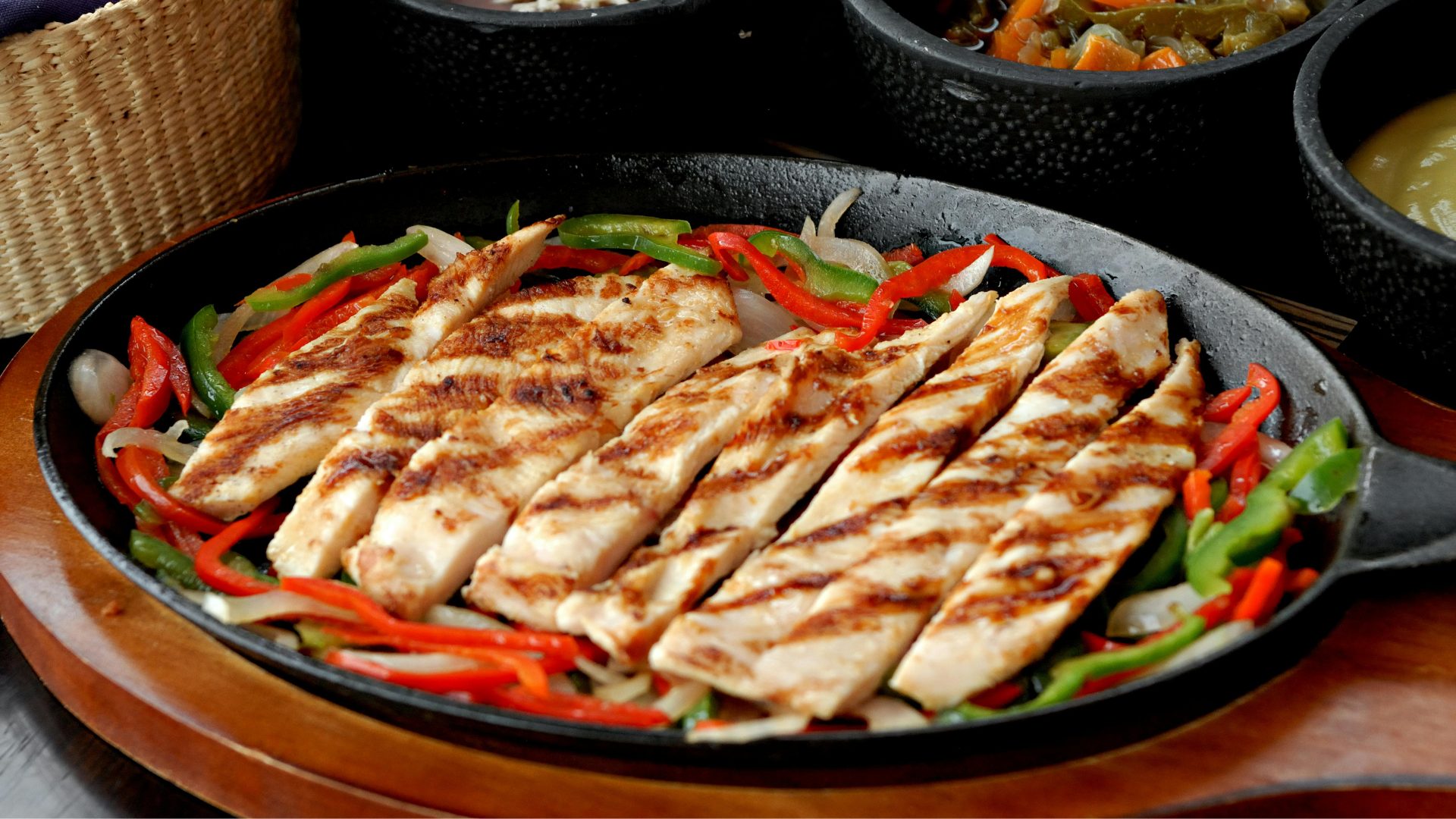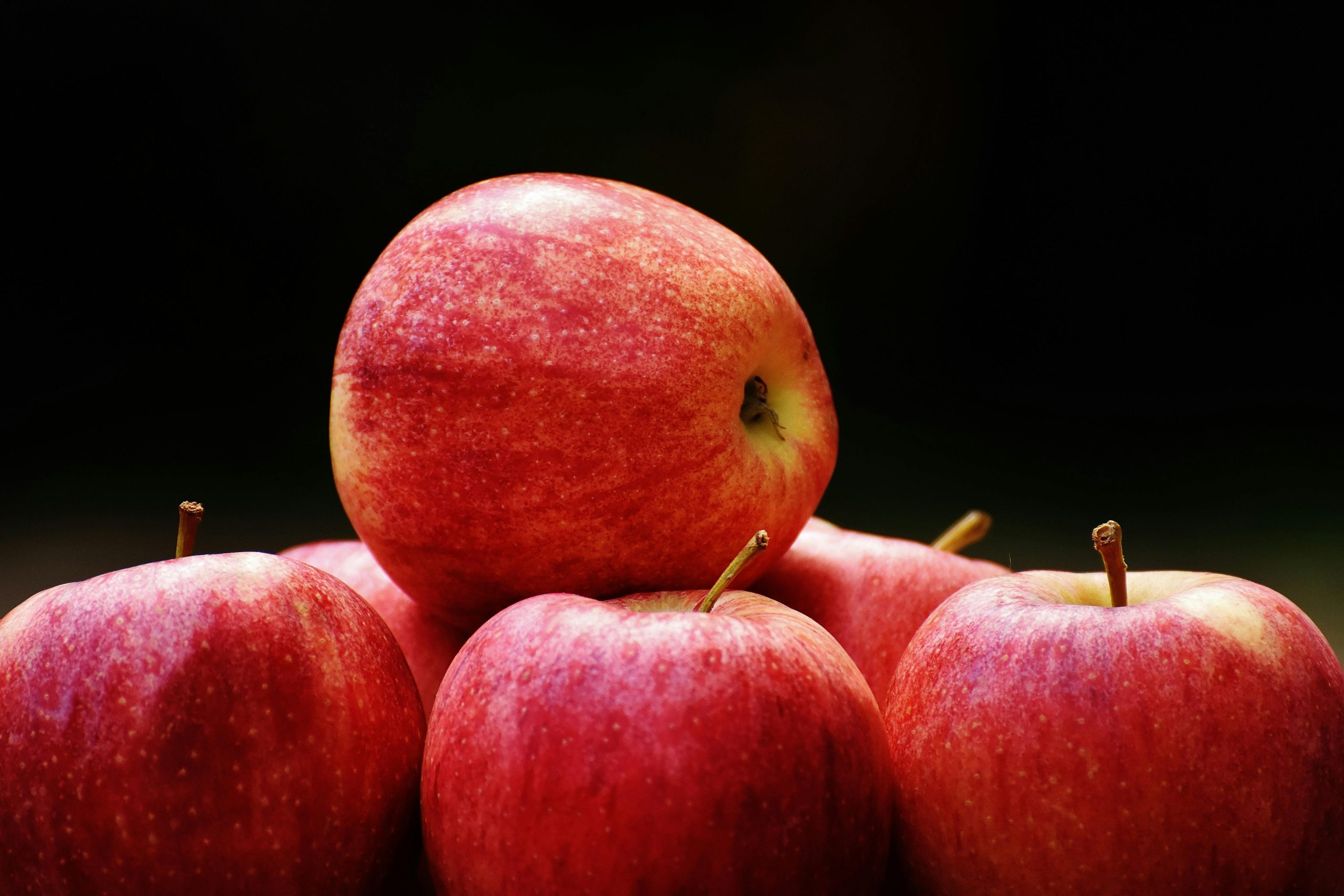Food prices and availability could be a key issue in upcoming elections in the U.S. and elsewhere, as the wars in Ukraine and Gaza squeeze grain supplies and pressure oil prices.
The importance of food within politics has long been apparent. The old saying that armies move on their bellies has played out repeatedly while revolutions from France to China and elsewhere have been staged by starving peasants. And the threat is not just historical.
Plans in New Zealand to tax greenhouse gas emissions from livestock infuriated farmers, forcing the government to delay implementation. The cost of farming also is a major issue in Argentina and the Netherlands, while Egypt’s position as a major wheat importer is presenting President Abdel-Fattah El-Sisi a major challenge ahead of scheduled December balloting.
Political analyst Vlad Davidiuk predicted voters will be listening carefully to what candidates say in addressing food supply challenges especially.
“[The] food supply’s centrality to everyday life makes it a critical focus in elections as it transcends borders and directly affects the quality of life for citizens of any country,” Davidiuk told The Food Institute.
“Rising grocery bills and economic uncertainties related to these geopolitical issues will likely become central campaign issues.”
Inflation’s Impact
Bloomberg recently noted Russia’s decision to block grain shipments from Ukraine has upended supply chains around the world, stoking inflation and adding stresses to governments, especially in Africa.
Albert Goldson, executive director of the Cerulean Council, a contrarian think-tank, said in the U.S. and European Union, food inflation is little more than a budgetary inconvenience while outside America, especially in countries with authoritarian regimes and populations with little disposable income, food inflation is a more critical issue.
“In these countries, food prices are heavily subsidized. Violent social unrest has been triggered even when subsidies are reduced even modestly. If these governments are unable to subsidize food prices, then they risk a regime change,” Goodson told FI.
U.S. food prices are up 3.7% from last year after rising 4.3% in August and 11.4% during 2022, pressuring budgets, especially among those in lower income brackets.
Jim Ronan, a professor of political science at Villanova University, said though inflation is a problem throughout the economy, unlike many items, food inflation affects everyone.
“Consumers can’t always find cheaper [food] substitutes, since prices are rising across the board,” Ronan said. “As a result, higher food costs are likely to be noticed on a daily basis, be it through grocery shopping, food deliveries, or even just during a lunch break.”
World Leaders React
U.S. President Joe Biden recently met with Target CEO Brian Cornell to discuss what consumers are thinking, CNBC reported.
“We know American consumers still face several headwinds that are leaving them with less discretionary income and driving difficult trade-offs in their family budgets,” Target said in a statement following the meeting, which included other CEOs from a variety of industries.
Such statements reinforce the belief by analysts that food could serve a central role in upcoming elections.
“The candidates who can effectively navigate and propose solutions to these interconnected (economic) challenges, ensuring food security and managing inflation, will resonate with a concerned electorate and potentially sway electoral outcomes,” Davidiuk said.












